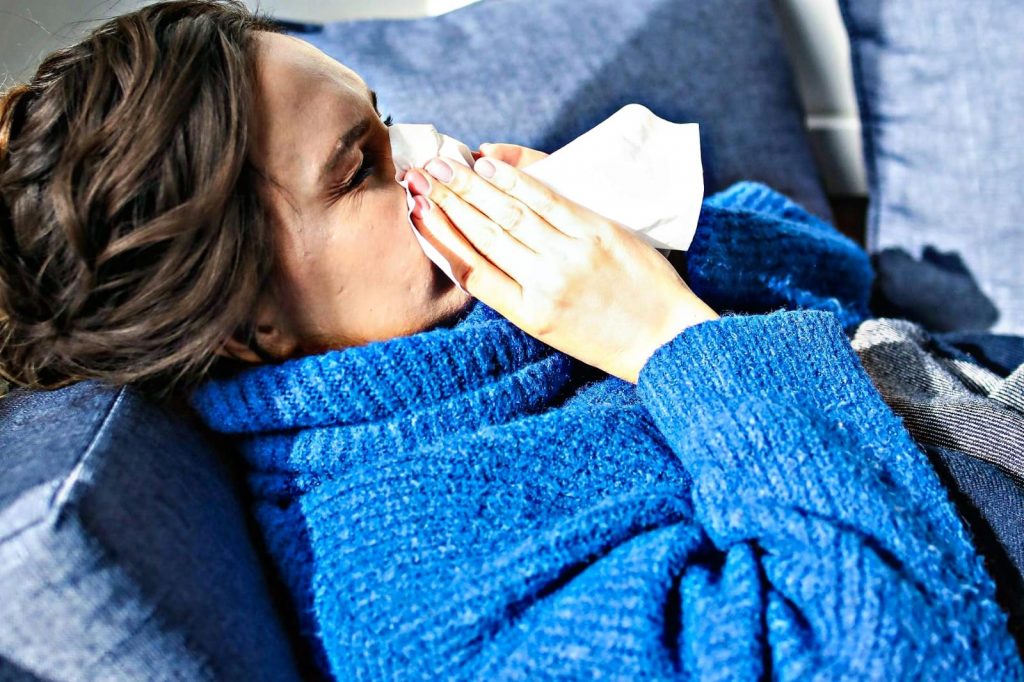When toddlers develop a fever during a cold, it can be an unsettling experience for parents. Fevers are common in young children and often accompany colds, which are caused by viruses. While the presence of a fever can be alarming, it’s essential to understand the causes, typical duration, and ways to manage it effectively. This article delves into how long does a cold fever last in toddlers, what parents can expect, and how to support their child’s recovery.
What Is a Cold Fever?
A cold fever occurs as part of the body’s immune response to a viral infection. The common cold, caused by rhinoviruses or other respiratory viruses, often triggers symptoms such as a runny nose, cough, sneezing, sore throat, and occasionally, fever. A fever is the body’s way of fighting off infection by creating an environment less favorable for viral replication.
In toddlers, fevers can range from mild (100.4°F or 38°C) to moderate (102°F–103°F or 38.8°C–39.4°C), though higher fevers are not uncommon. While the fever itself isn’t usually dangerous, it can cause discomfort, irritability, and fatigue.
How Long Does a Cold Fever Last in Toddlers?
Typical Duration
In most cases, a fever caused by a common cold in toddlers lasts 2 to 3 days. The fever tends to peak during the early stages of the illness and subsides as the immune system begins to gain control over the virus. For some children, the fever may persist for up to 5 days, especially if their immune response is slower or if they’re battling a particularly aggressive virus.
It’s worth noting that the fever duration can vary depending on factors like the child’s overall health, hydration levels, and the specific virus causing the cold.
How Long Does a Cold Fever Last in Toddlers in Some Cases?
While most cold-related fevers resolve within a few days, certain circumstances can prolong the fever or make it more severe:
- Secondary Infections
If a bacterial infection, such as an ear infection or sinusitis, develops alongside the cold, the fever may persist longer. These infections typically require medical evaluation and antibiotics. - Underlying Health Conditions
Toddlers with compromised immune systems or chronic illnesses may experience longer-lasting or more intense fevers. - Dehydration
Insufficient fluid intake can exacerbate fever symptoms and slow recovery. Dehydration makes it harder for the body to regulate its temperature effectively. - Stronger Viral Strains
Some viruses, like certain strains of influenza or respiratory syncytial virus (RSV), can cause colds with more prolonged and intense fever episodes.
Signs the Fever May Not Be Typical

While most fevers accompanying colds are harmless and self-limiting, parents should monitor their toddler closely for any signs that might indicate a more serious problem:
- Fever Lasting More Than 5 Days
A fever that persists longer than five days warrants a consultation with a pediatrician. It may indicate a secondary infection or another underlying issue. - High Fever (Above 104°F or 40°C)
Fevers this high are less common with colds and may point to a more severe illness. - Unusual Symptoms
If the fever is accompanied by lethargy, severe irritability, rash, difficulty breathing, or persistent vomiting, immediate medical attention is required. - Febrile Seizures
Some toddlers experience febrile seizures during high fevers. While these are often harmless and resolve quickly, they require a medical evaluation to rule out other causes.
Managing a Toddler’s Cold Fever at Home
While waiting for the fever to subside, there are several steps parents can take to make their toddler more comfortable and support their recovery:
1. Keep Them Hydrated
Dehydration is a common concern during a fever. Offer plenty of fluids such as water, diluted fruit juices, or oral rehydration solutions. Breast milk or formula can also help keep infants hydrated.
2. Monitor Their Temperature
Use a reliable digital thermometer to check your child’s temperature regularly. Rectal thermometers provide the most accurate readings for toddlers.
3. Dress Them Comfortably
Overbundling can trap heat and raise their temperature. Dress your toddler in lightweight clothing and ensure the room is cool and well-ventilated.
4. Use Fever-Reducing Medications (If Needed)
Acetaminophen or ibuprofen can be given to reduce fever and alleviate discomfort. Always follow the dosage instructions based on your child’s age and weight, and consult a pediatrician if you’re unsure.
5. Encourage Rest
Rest is vital for recovery. Allow your child to sleep as much as needed and avoid overly stimulating activities.
When to Call the Doctor

While many cold fevers resolve without medical intervention, there are times when professional evaluation is essential:
- Prolonged Fever
If the fever lasts more than 5 days or keeps returning after subsiding, contact your pediatrician. - Difficulty Breathing
Labored breathing, wheezing, or persistent coughing should be addressed immediately. - Signs of Dehydration
Reduced urination, dry mouth, lack of tears when crying, or sunken eyes indicate dehydration. - Suspected Secondary Infection
If your child shows signs of an ear infection (pulling at the ear, irritability, or fluid discharge) or other complications, seek medical advice. - Worsening Symptoms
If your toddler’s overall condition deteriorates despite treatment, prompt medical attention is necessary.
How Long Does a Cold Fever Last in Toddlers – Prevent Future Cold Fevers

While colds are nearly impossible to avoid entirely, there are ways to reduce their frequency and severity:
- Hand Hygiene
Teach your child the importance of washing hands regularly with soap and water. - Boost Immunity
A balanced diet rich in fruits, vegetables, and whole grains can support a strong immune system. - Avoid Sick Contacts
Limit your toddler’s exposure to individuals with colds, especially during peak cold and flu seasons. - Stay Up to Date on Vaccinations
Ensure your child is vaccinated against common illnesses, including influenza. - Promote Good Sleep Habits
Adequate sleep is essential for immune function and overall health.
FAQs About How Long Does a Cold Fever Last in Toddlers?
1. Can teething cause a fever during a cold?
Teething may cause a slight increase in temperature but is unlikely to cause a significant fever. If your toddler has a high fever, it’s more likely due to the cold or another infection.
2. Are cold fevers contagious?
While the fever itself isn’t contagious, the cold virus causing it is. Ensure good hygiene practices to prevent spreading the illness.
3. Should I wake my child to check their temperature?
If your child is sleeping peacefully, it’s usually best to let them rest. Check their temperature when they wake up naturally.
Conclusion – How Long Does a Cold Fever Last in Toddlers?
how long does a cold fever last in toddlers, though distressing for parents, are typically short-lived and self-resolving. Most fevers subside within 2 to 3 days, signaling that the body is fighting off the infection effectively. By understanding the typical duration, recognizing when to seek medical help, and managing symptoms at home, parents can navigate this common childhood illness with confidence.
Remember, every child is unique, and recovery times may vary. When in doubt, consult your pediatrician for personalized guidance and reassurance.

